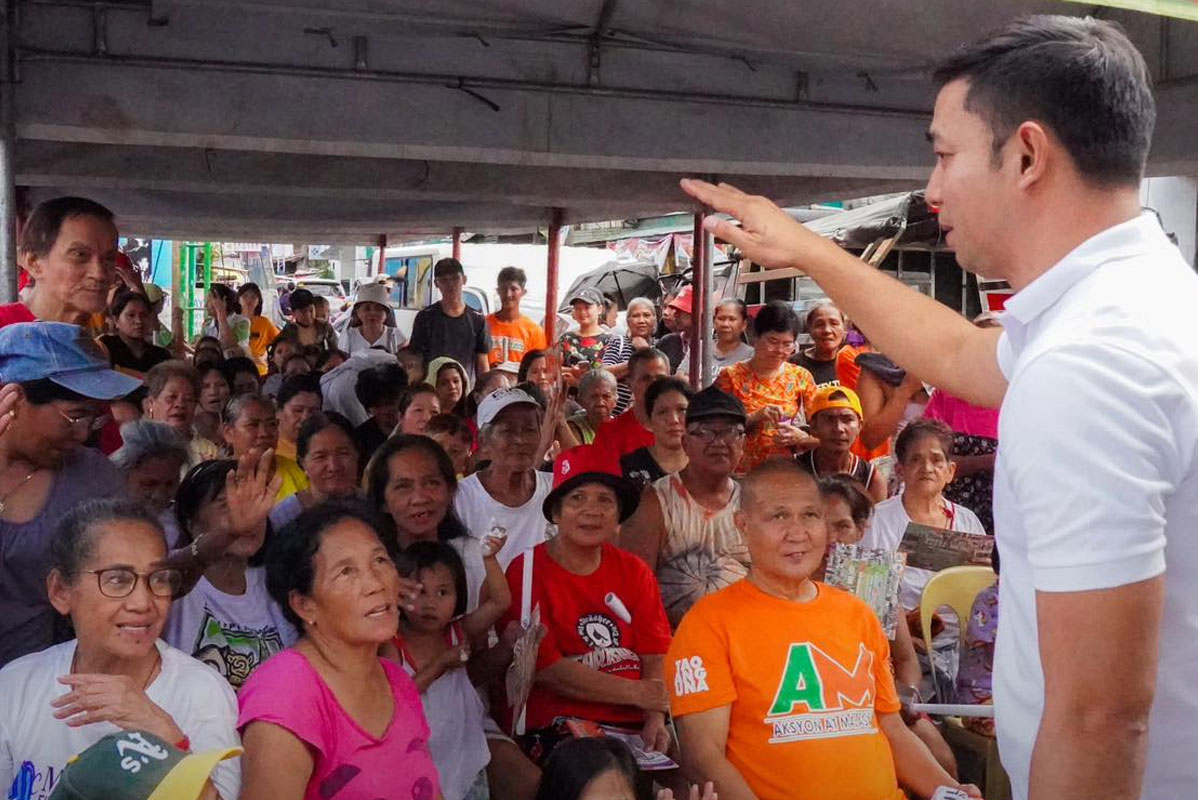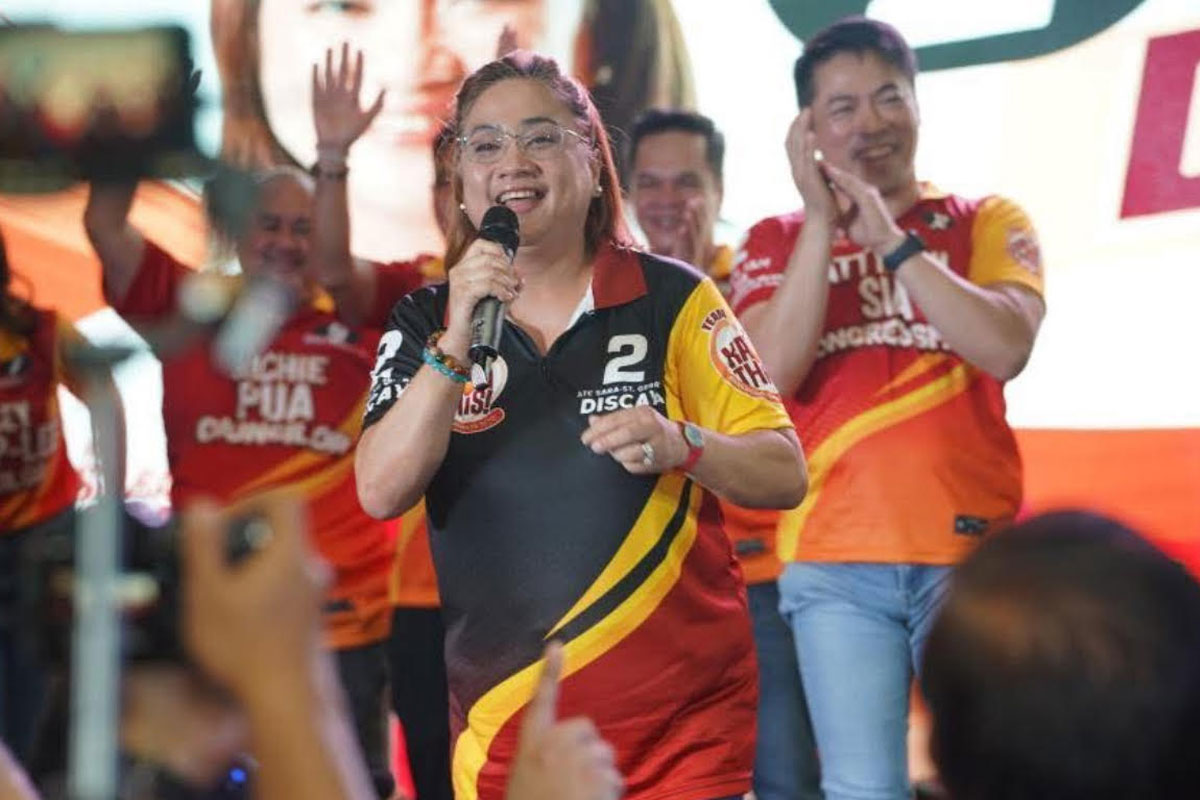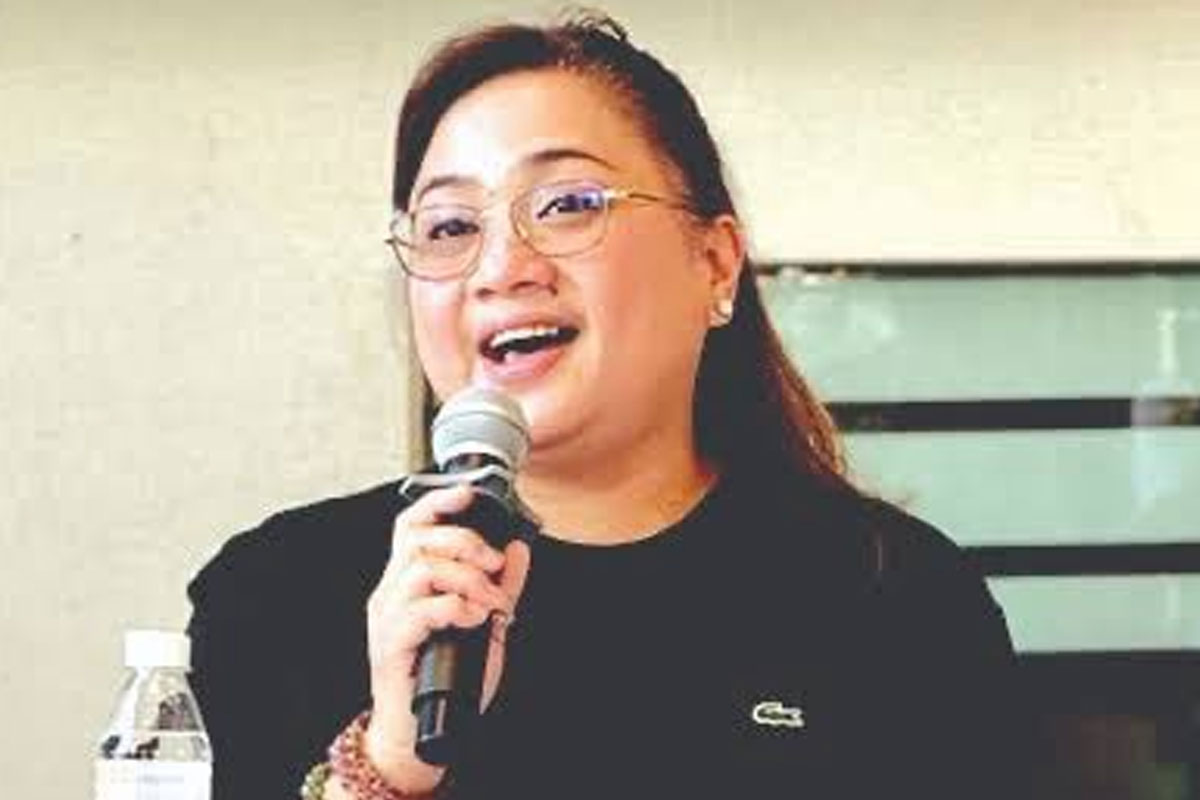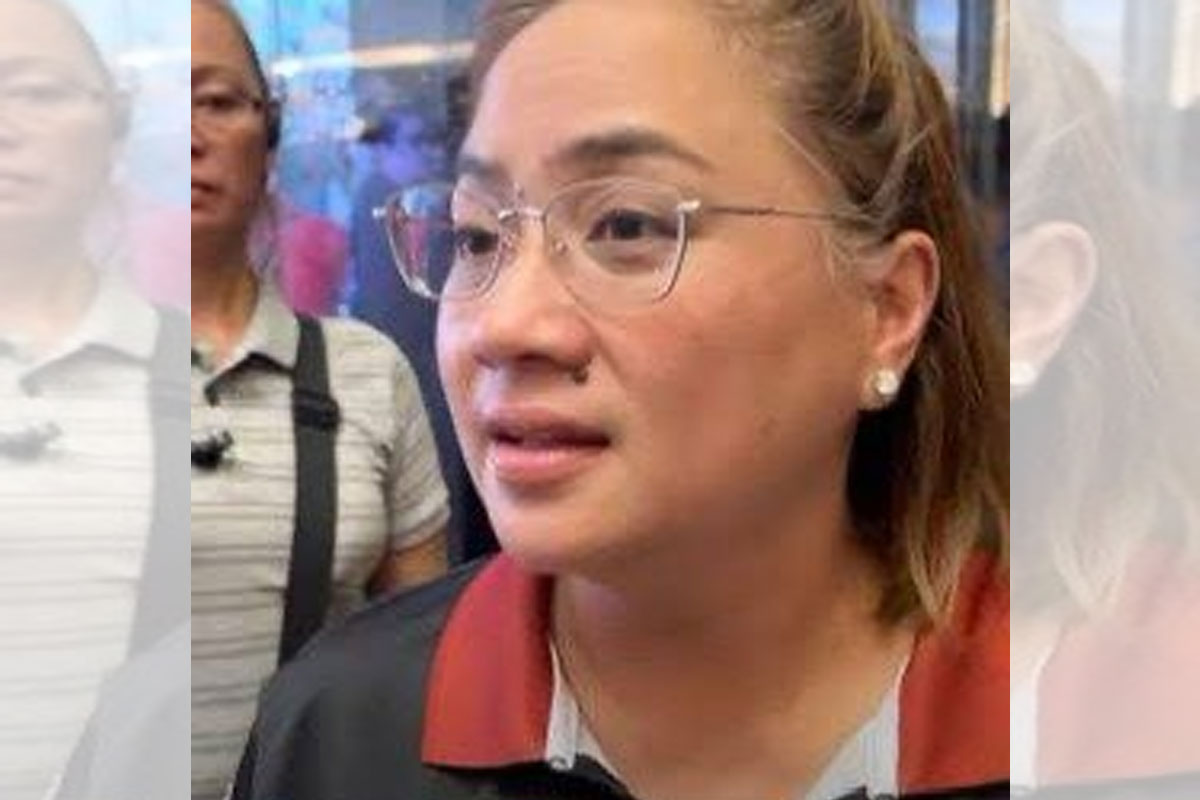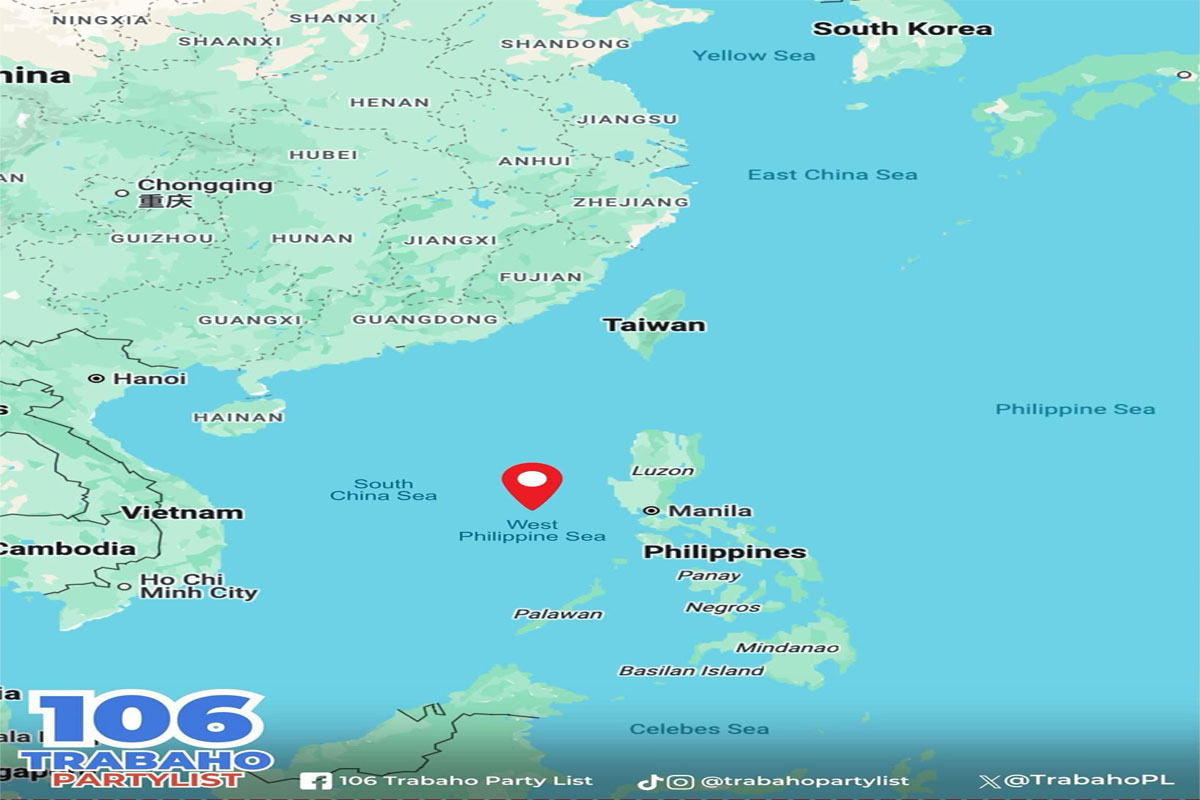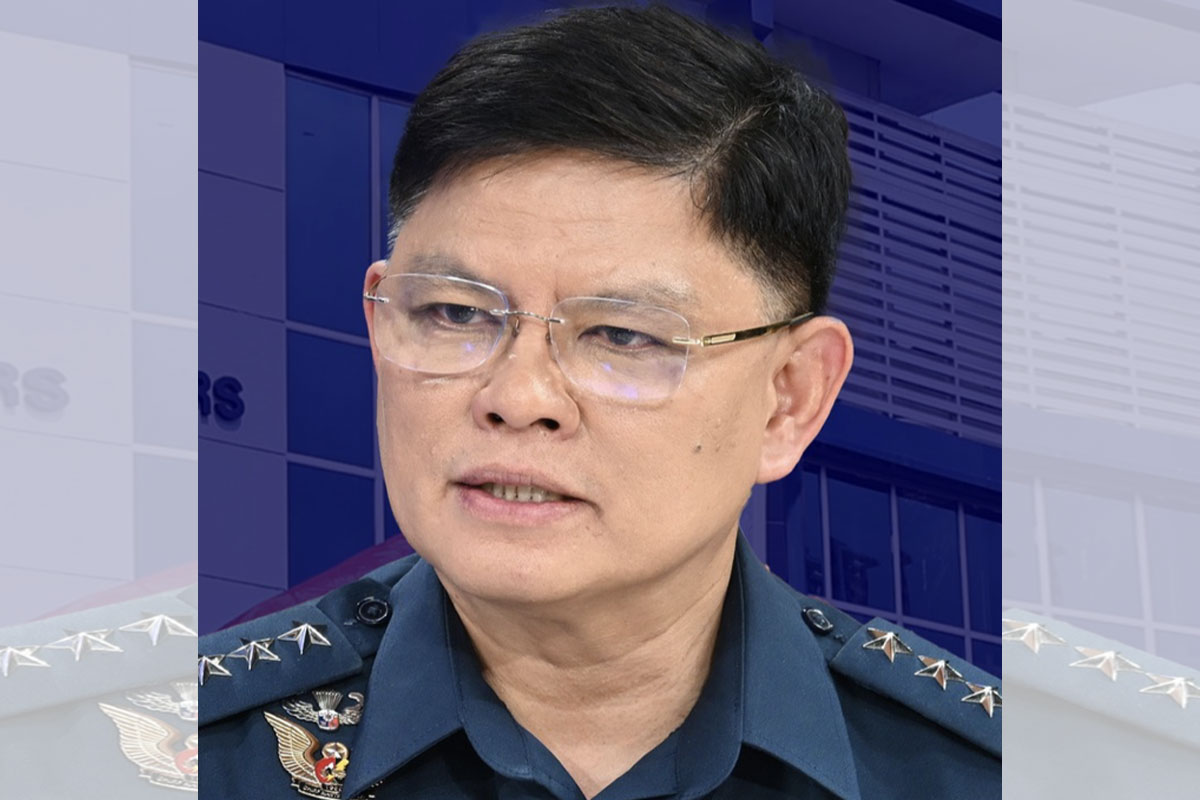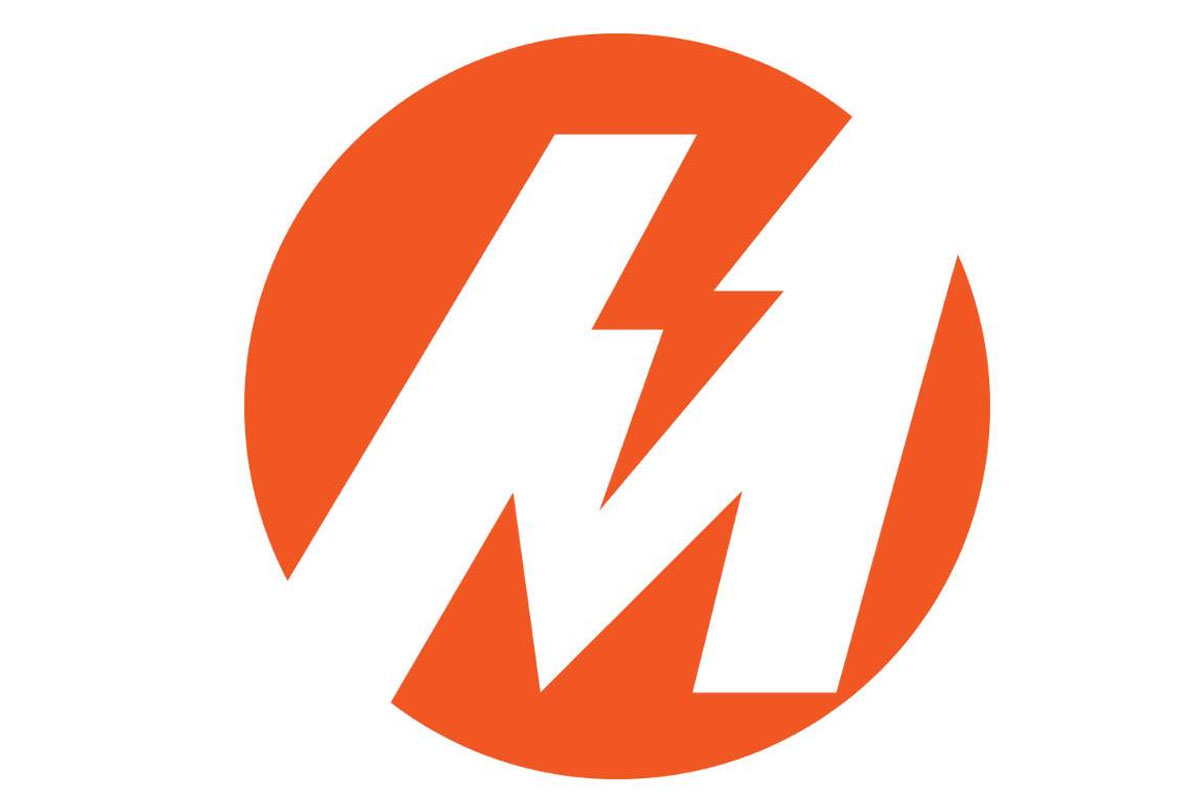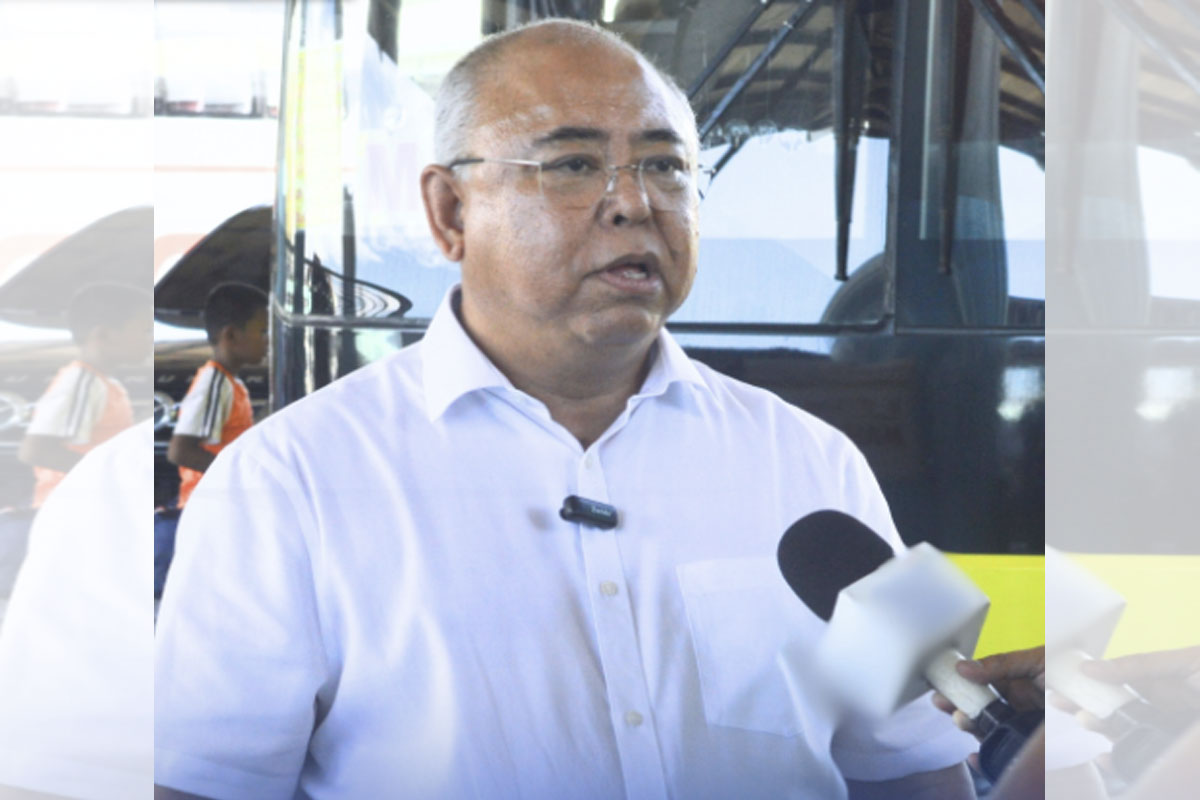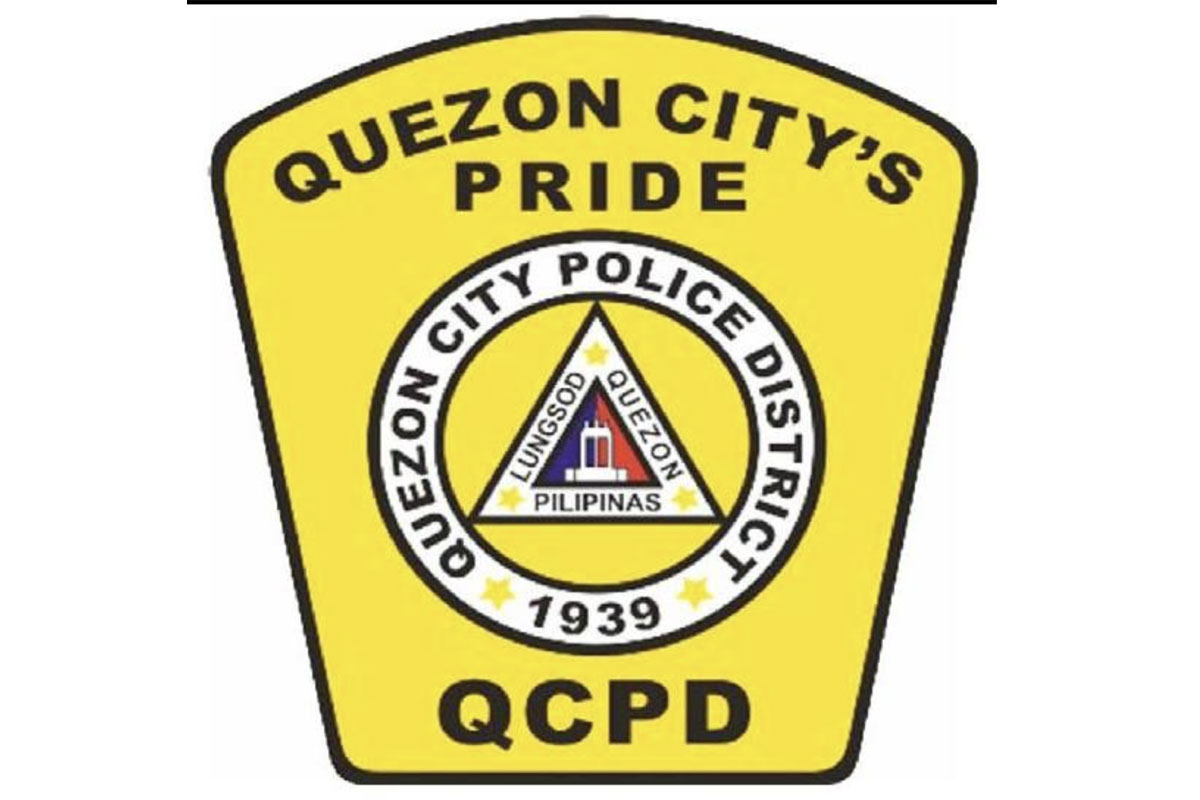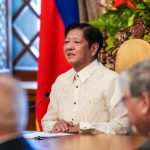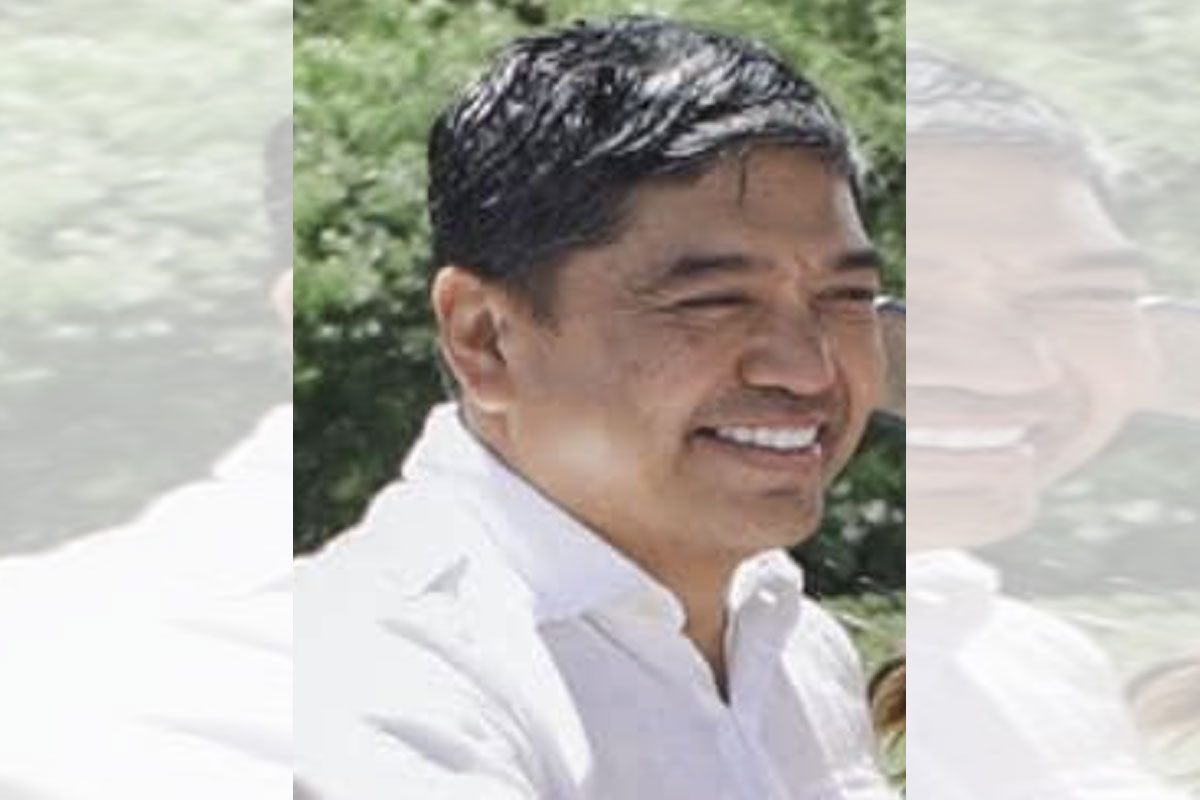
Villafuerte seeks Senate OK House-passed bill on rental subsidy program
CAMARINES Sur Rep. LRay Villafuerte is hoping that the Senate has time left to pass its counterpart bill to the approved House-proposed rental subsidy program that will set aside a maximum aid of P3,500 to cover the rent of the temporary abodes of every informal settler family-beneficiary of socialized housing projects from the time they are made to leave their current dwellings up to when they are able to transfer to their government-build low-cost homes.
Villafuerte said, “The 19th Congress can set this rental subsidy plan for homeless families in motion—in support of President Marcos’ goal of providing livable and affordable houses for homeless Filipino families—if the Senate were to pass its version of this House-approved proposal when both legislative chambers reopen in June.”
The National Unity Party (NUP) president and former CamSur governor was referring to House Bill (HB) No. 9506, or the Rental Housing Subsidy Program Act,” which the chamber passed on third and final reading by a 255-3-0 vote last December.
HB 9506 had consolidated several housing-related measures, including HB 305 that Villafuerte had authored with fellow CamSur Reps. Miguel Luis Villafuerte and Tsuyoshi Anthony Horibata plus the Bicol Saro partylist.
“I remain hopeful that the Senate could still pass a counterpart bill before the 19th Congress adjourns sine die this June,” Villafuerte said.
“Under this House-approved social protection proposal, a Rental Housing Subsidy Program shall be established by the government to enable informal settler beneficiaries (ISBs) to access the formal housing market through the DHSUD (Department of Human Settlements and Urban Development) and lead decent lives during the transition period between their leaving their current informal settlement dwellings and their relocation to their new and permanent abodes in government-built mass housing projects,” Villafuerte said.
“In HB 9506, eligible beneficiaries among informal settlers shall receive a rental subsidy to address their temporary relocation prior to their actual transfer to their new homes in mass housing sites,” he said. “The amount of the subsidy, which shall not exceed P3,500 per beneficiary-family, shall be based on, among others, the prevailing rental rates in the concerned locality and the economic standing and potential of the family.”
He said the Marcos administration’s medium-term plan—the Philippine Development Plan (PDP) 2017-2022—“highlights the importance of healthy housing conditions and well planned urban development in achieving inclusive growth and a globally competitive economy.”
Citing Philippine Statistics Authority (PSA), Villafuerte said there are about 4.5 million homeless people in our country, three million of whom are in Metro Manila.
“This number of homeless people is possibly the most in any city in the world as estimated by some organizations,” he said.
He explained that poverty is not the sole reason for homelessness, as the Philippines’ unique condition in the Asia-Pacific Region “exposes our citizens to various disasters that are not apparent in other countries where housing is likewise a problem.”
The Philippines is struck by about 20 typhoons every year and experiences frequent seismic activity, both of which force thousands of families to leave their homes temporarily or permanently, he said.
Supertyphoon Yolanda in 2013, for example, left more than 4.4 million people homeless, he added.
Villafuerte said that “rental housing subsidy refers to the financial assistance that the government shall extend to pay for the temporary use or occupancy by ISBs of residential units in the public and private rental housing market before these beneficiary-families are able to actually transfer to and live in their new homes in government housing projects.”
The bill defines informal settlers as individuals or households living in either lots or dwelling units without the consent of the legal owners, in danger areas as determined by the DHSUD, in areas reserved or used for government infrastructure projects, in places classified as protected or forest areas (except indigenous peoples), in areas declared as priority development areas under Proclamation No. 1967, series of 1980; or on public lands, structures or facilities not intended for human habitation.
Under this House-passed bill, “Eligible ISFs shall receive a flat rental subsidy rate of P3,500.00 for those living in Metro Manila and a rental subsidy rate to be determined by the DHSUD and the National Economic and Development Authority (NEDA) for those living in all other regions, taking into consideration the prevailing minimum wage and rental rates per region, but not to exceed P3,500.”
It states that, “The rental subsidy shall not exceed the actual rent, provided that at any time, but not more often than once every two (2) years, such subsidy may be reviewed or revised by the DHSUD and NEDA to conform with the prevailing economic conditions.”
“Rental subsidy shall be granted to eligible beneficiaries until the date of completion of the permanent housing project intended for them or upon their actual transfer to the permanent housing project, whichever comes first,” it adds.
In case of a delay in the completion of the permanent housing project, the bill states that the rental subsidy shall be extended, on condition that the agency implementing the permanent housing project shall bear the cost of the extended rental subsidy.
To be eligible for the subsidy, the bill requires ISB families to vacate the informal settlement areas that they are presently occupying and transfer to safe government-authorized areas.
Prior to their actual transfer to their new homes in government housing projects, the ISBs shall continue receiving the rental subsidy, provided that they shall:
· Not move or relocate back to the area in which they were originally living in unless such move or relocation has been permitted by the proper government authorities; and
· Pay to the lessor that portion of the rental fee not covered by the subsidy.
Rental subsidy ISBs who maintain good payment standings shall be given priority as beneficiaries in government housing programs, Villafuerte said.
Speaker Martin Romualdez has said that the House had approved HB 9506 to further alleviate the plight of informal settlers and to “provide immediate relief and long-term housing stability to those in need.”
In March, President Marcos broke ground on a trailblazing, high-rise mass housing project with 10,000 units combined in CamSur that is the first such joint venture that his Administration has undertaken in partnership with a local government unit (LGU), under its ambitious Pambansang Pabahay Para sa Pilipino (4PH) Program.
Villafuerte said this 4PH housing project in Naga City, once completed, will boast the tallest structure in Bicol at 25 storeys, higher than the current tallest building in the region that is 20 storeys high.
This 4PH low-cost housing complex will not only provide homes to more than 10,000 families or over 50,000 people; it will also generate an estimated P6 billion- to P8 billion-worth of local economic activity and create thousands of jobs.
HB 9506 mandates the Home Development Mutual Fund (HDMF) or Pag-IBIG Fund to enroll in its system at least one household member of the applicant-beneficiaries of the Program to facilitate their entry into the formal housing market; and the DSWD to design the social preparation activities and conduct workshops and training programs to ensure that beneficiaries are aware of the program’s benefits and eligibility conditions.
It instructs the PCUP to assist the DSWD in designing social preparation activities, workshops, and training programs for beneficiaries; and conducting social preparation activities with the LGUs; and the Technical Education and Skills Development Authority (TESDA) to provide skills training to at least one household member of the family-beneficiaries.
The DHSUD shall, in coordination with relevant government agencies, issue the implementing rules and regulations (IRR) necessary to carry out the intent and purposes of this Act within six (6) months from its date of effectivity.
The DHSUD shall submit to both the Senate and the Houses a report on the implementation of this Program at the end of the second year from the date of effectivity of this Act and every two years thereafter.


